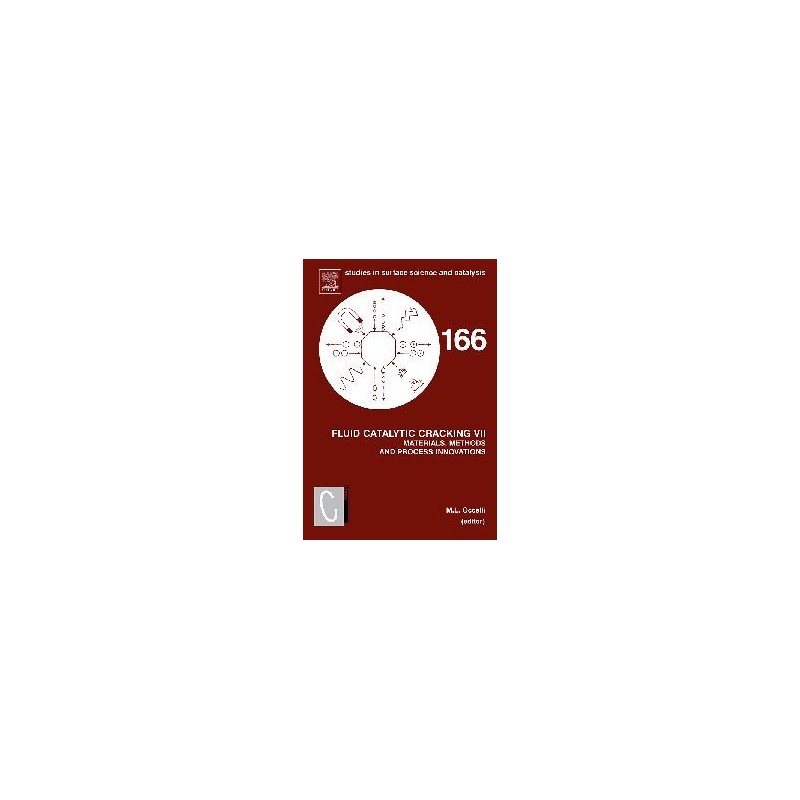- Obecnie brak na stanie



Brak towaru
Brak towaru
Brak towaru
TRANSOFON - UKŁAD DO ZMIANY WYSOKOŚCI DZWIĘKU - ZESTAW DO SAMODZIELNEGO MONTAŻU
Brak towaru
Czterokanałowy rejestrator analogowy - zestaw do samodzielnego montażu
Brak towaru
Brak towaru
Brak towaru
Brak towaru
Brak towaru
Brak towaru
Brak towaru
Brak towaru
Brak towaru
Brak towaru
Brak towaru
Brak towaru

